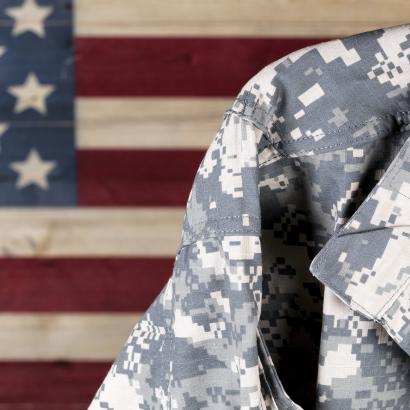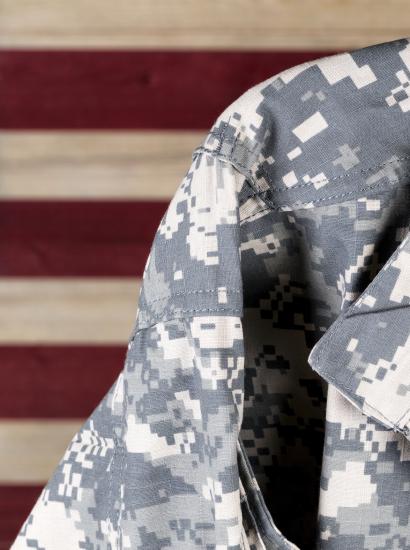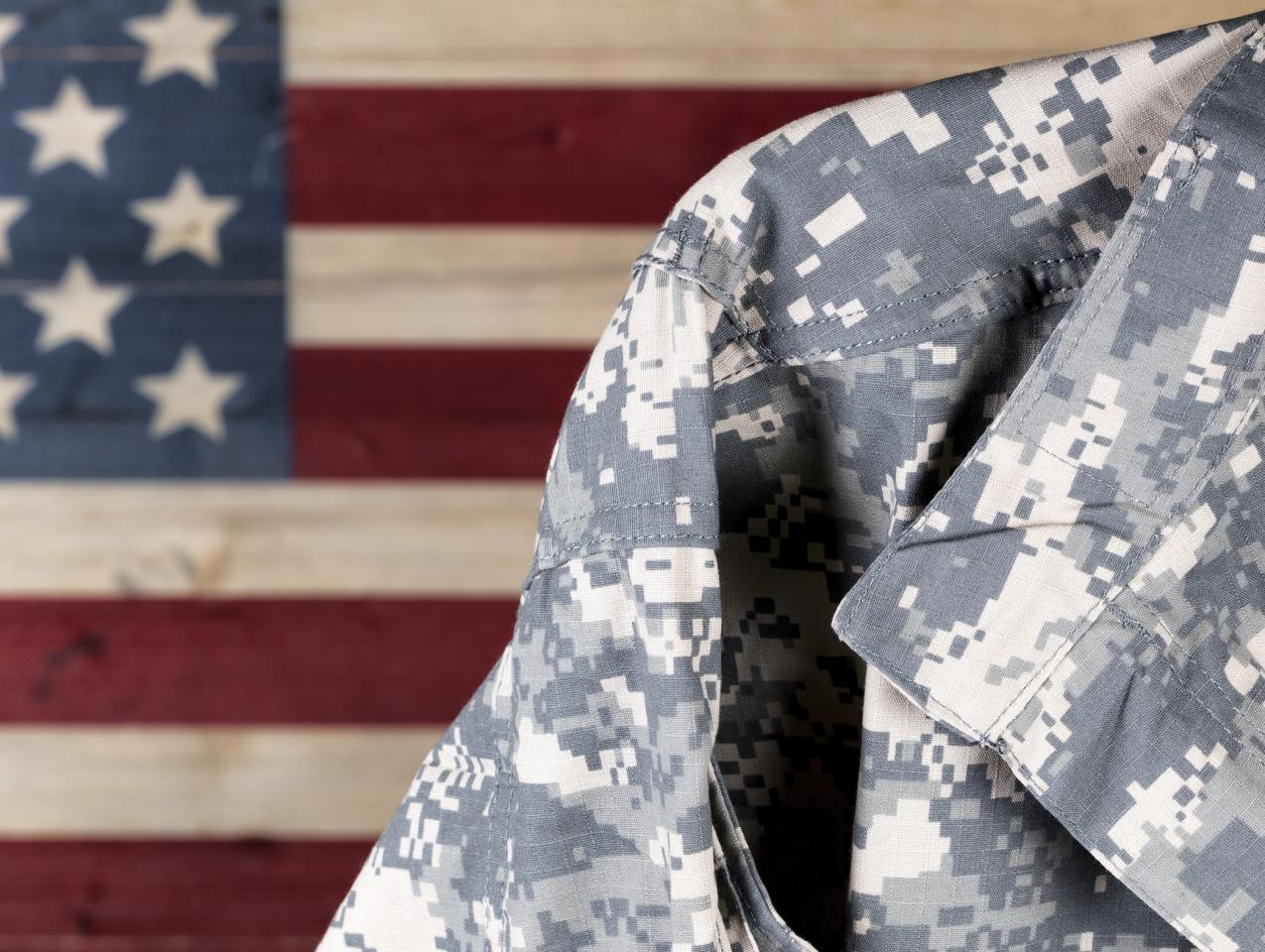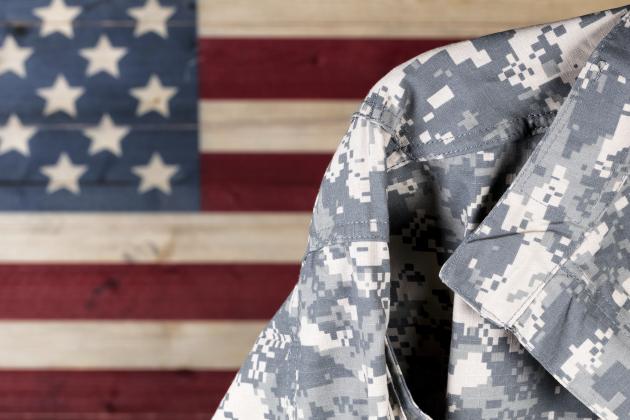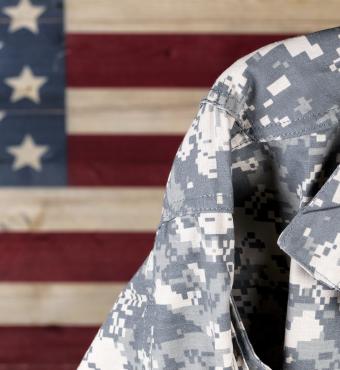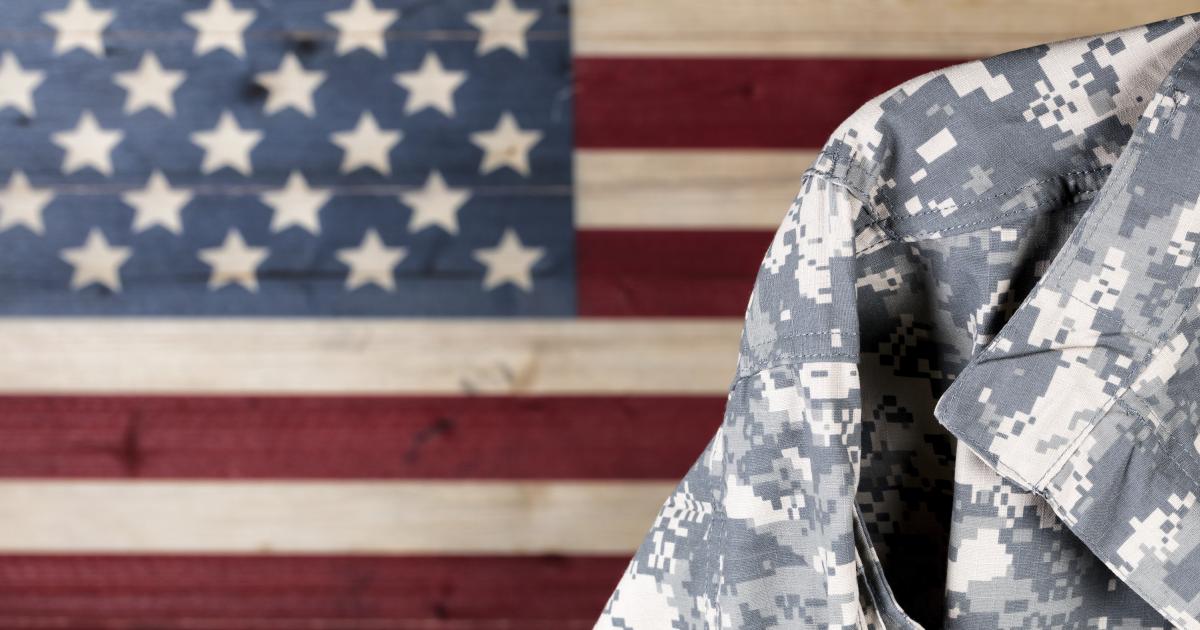U.S. Army Major General Jonathan Braga, Commander, Special Operations Command - Pacific (SOCPAC) visited the Hoover Institution Monday, February 3, engaging fellows in a roundtable discussion about his command’s biggest threats in region.
As head of SOCPAC, Braga oversees all Special Operations Forces employed throughout the Indo-Pacific “Area of Responsibility” encompassing more than half of the world‘s population spread over 36 nations and territories. Currently, SOCPAC has forces in almost half of these nations.
During Braga’s visit to Stanford, he held meetings with Research Fellow Joseph Felter, Annenberg Distinguished Visiting Fellow James Ellis, Thomas W. and Susan B. Ford Distinguished Fellow and former Secretary of State George P. Shultz, and students who have served and are currently serving in US Special Operations Forces.
In the roundtable discussion, Braga stated that the US is entering into a time of growing competition with peer competitors in the Indo-Pacific region. Known as the “gray zone,” peers compete below the level of armed conflict. This new era of competition is gaining significant traction while Special Operations Forces simultaneously continue to support global counterterrorism efforts.
China is one of the most active competitors within the Indo-Pacific region. China’s gray zone activities range from island military building in the South China Sea to investment in critical infrastructure as part of their “One Belt, One Road Initiative.” China is competing on a global scale employing all of their elements of national power to achieve their goals.
Braga believes that US Special Operations Forces bring a soft power advantage to compete in this space. As an example, he relayed that the strong bonds US special operators have built with their counterparts from countries such as Thailand, the Philippines, and Japan have paid huge dividends. For decades US Special Operations Forces have worked, trained, and engaged with their counterparts throughout the Indo-Pacific region.
Braga also pointed out that US Special Operations Forces compliment American diplomacy because they are well trained and equipped to engage populations in areas unsafe or inaccessible to civilian diplomats.
He listed multiple means of engagement by which the United States can begin forging deeper strategic partnerships with host countries, including medical and disaster relief, and support for counter narcotics campaigns.
Braga noted that transparency with both the American people, as well as partners and allies is key to succeeding in this age of competition. He said that special operations messages are grounded in truth and aim to compliment US policy across the Indo-Pacific.
Braga said ultimately that the United States needs to continue to display strength and credibility to sustain its position as the region’s preferred partner. He argued that Americans can no longer view cooperation alone as the basis of US relations with other countries, instead “We cooperate where we can, and compete where we must.”








